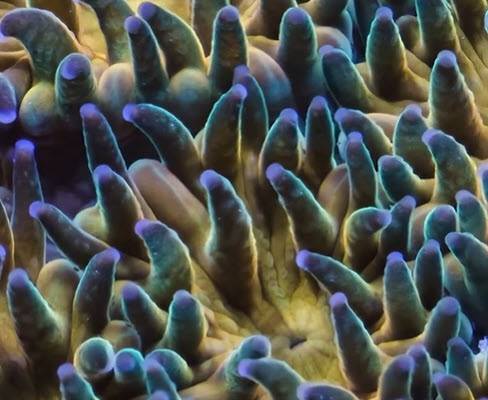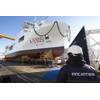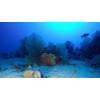Scientists Explore Assisted Evolution to Help Coral Reefs
Scientists from the Australian Institute of Marine Science (AIMS) are investigating how to make corals more tolerant to heat by studying the zooxanthellae that live on and in them and cultivating them at higher temperatures to increase their heat tolerance.
The aim is to help corals cope with marine heatwaves.
Thousands of different types of tiny microbes interact with corals. They live in the seawater, inside coral mucus, and inside coral cells and are crucial to coral survival.
Zooxanthellae work like tiny solar panels, providing 90% of the coral’s energy needs. Coral polyps in turn provide the microalgae with protection and shelter.
The breakdown of this symbiotic relationship, usually under extreme changes in heat or salinity, results in the zooxanthellae being ejected. This is when corals turn white and bleach. If conditions quickly return to normal, zooxanthellae may return, otherwise the corals will die.
AIMS scientists are using assisted evolution, a range of approaches that involve active intervention to accelerate the rate of naturally occurring evolutionary processes. These approaches aim to enhance certain attributes such as temperature tolerance, growth, or reproduction.
The aim is to enhance the spread of naturally warm-adapted genes across the Great Barrier Reef to buffer populations on cooler reefs against continued warming and bleaching.














 December 2025
December 2025



